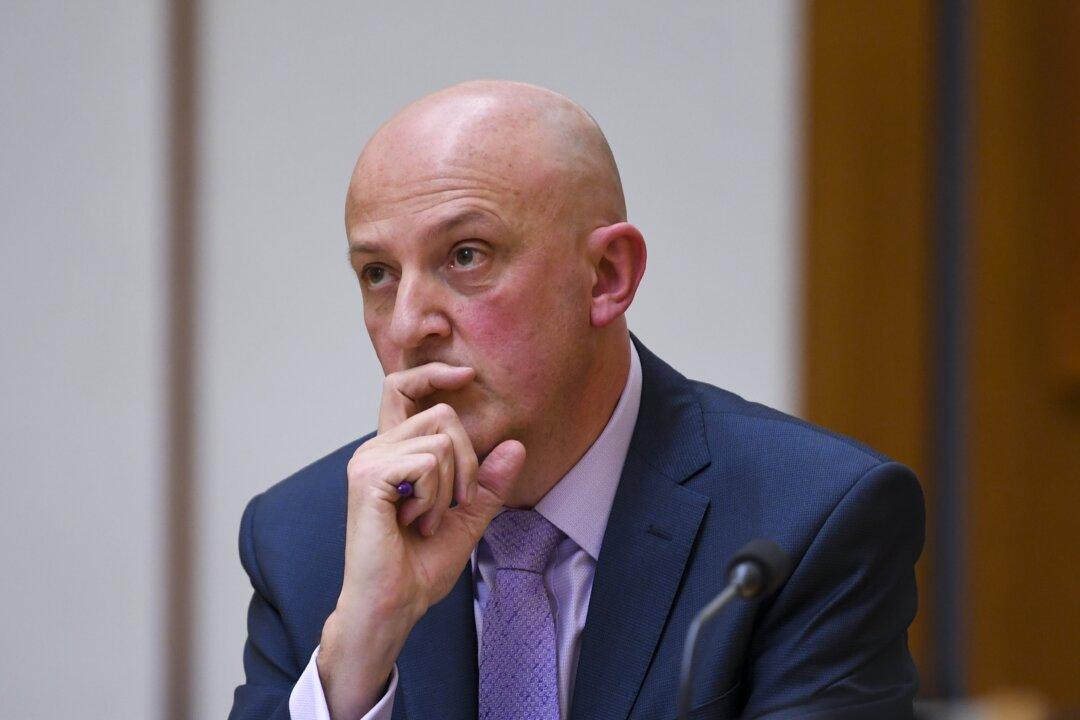Australia’s domestic intelligence chief has said he believes that a terrorist attack on Australian soil is likely within the next year.
The comments came during a parliamentary inquiry, where the Australian Federal Police chief called the internet a “salad bar of hate” responsible for amplifying extremist messaging.





